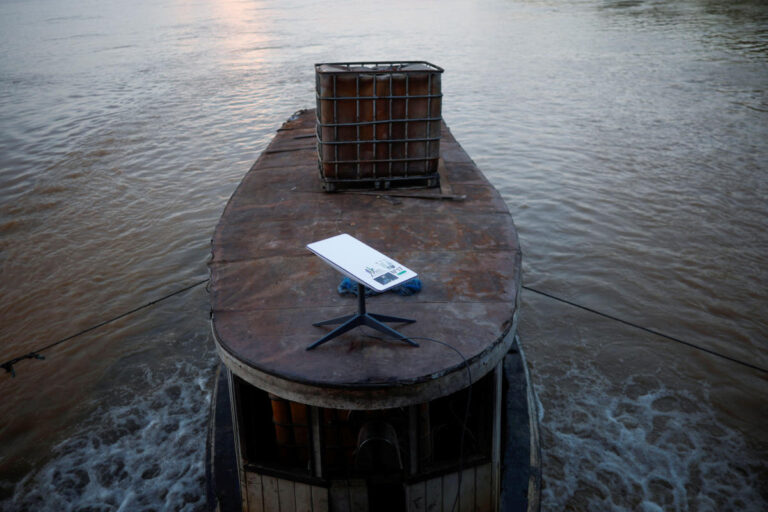By Sunday night, the platform had become all but unavailable in the country after the country’s Supreme Court ordered internet service providers to block access to X. Since then, the only way to access X has been via a VPN (for those willing to pay huge fines) or Starlink, a satellite internet service run by fellow X owner Elon Musk.
The president of Brazilian telecommunications company Anatel said Starlink refused to comply with the court order until authorities released the frozen assets, The New York Times reported. Supreme Court Justice Alexandre de Moraes, who has taken an aggressive stance against X, also froze the local bank accounts of SpaceX subsidiary Starlink. Moraes has accused X of spreading hate speech and disinformation, and is reportedly seeking to collect a $3 million fine imposed on X for ignoring his orders to freeze certain accounts.
Starlink filed a petition in court to have its assets unfrozen, but the court denied the request. Musk called the suspension of Starlink’s accounts “illegal,” argued that SpaceX and X are separate companies, and claimed he owns 40% of Starlink.
Starlink has about 250,000 customers in Brazil. The service is popular in rural Brazil and among indigenous people in the Amazon. Starlink has promised to provide free internet access to its customers in Brazil while its accounts in the country are blocked.
If Starlink maintains its stance against X, Brazil could revoke the internet service’s license, and if it continues to operate, authorities could seize equipment from its 23 ground stations, which help Starlink improve the quality of its satellite connections.
Meanwhile, in Monday’s trial, a majority of the Supreme Court’s hearing panel upheld Moraes’ ban on X after Musk repeatedly disobeyed his orders, with X having the right to appeal the decision. The hearing panel also approved Moraes’ order to impose a daily fine of 50,000 Brazilian reals (about $8,900) on anyone who uses a VPN in Brazil to access X.


